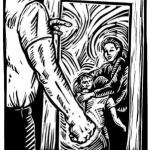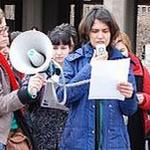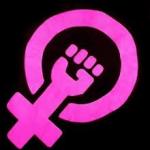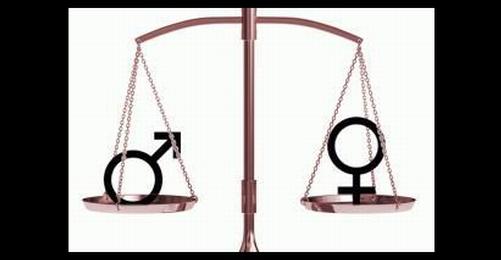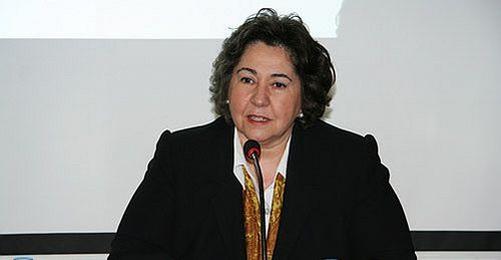A groundbreaking decision was taken in a divorce case at the Pendik Family Court (east of Istanbul). After defendant Ş.C. had been subjected to a restraining order because of domestic violence imposed on his wife, he had cancelled standing orders for electricity, water and gas. The Pendik Family Court evaluated his intervention as "economic violence" and decided that the husband had to pay all incoming bills for the duration of the punishment.
Feminist Nazik Işık, member of the Women's Platform against Sexual Violence, indicated that economic violence is a sort of violence hardly taken into consideration worldwide and appreciated the decision. "This is a satisfactory contribution to the decisions that are based on a proper evaluation of the circumstances, correctly define violence and take account of the restrictions inflicted on a person's life".
"Another form of economic violence: deeming the work of housewives worthless"
Işık described the various sorts of economic violence, e.g. the husband's taking all valuables obtained as wedding gifts, the woman's not being informed about the husband's salary or being precluded from attending educational courses or from other kinds of personal development. Işık summarized different ways of economic violence as follows:
- The husband takes all the valuables (mostly gold) obtained as wedding presents and invests them without allocating a share to his wife. He does not let his wife decide how to use her bequest or her salary. The wife is not informed about the husband's income and expenses.
- A number of working women in Turkey give their salary to their fathers or husbands. They are not informed about the family income, expenses and investments and neither can they benefit from them.
- Women are hindered from activities of personal development. The women have no alternative to working as an unpaid family-worker or in a household. The work as housewives is not being seen and deemed worthless. The necessity to request permission for leaving the house, going shopping or attending courses is another form of economic violence.
"Economic violence make women dependent and prone to other types of violence"
According to the Violence against Women Study carried out by Yeşim Arat from the Bosporus University and Ayşe Gül Altınay from Sabancı University, three out of ten women in Turkey cannot go to the high street without their husband's permission, Işık argued.
"Not being able to leave the house without permission or to attend educational courses, not having any alternative but working as an unpaid family worker or at home - all these circumstances must be assessed as economic violence", Işık explained.
She continued: "Economic violence deprives women from making independent decisions and investing into their future. A lack of information restricts the women's competence and the sharing of decisions. Therefore, the involvement into daily life has a significant and distinctive influence".
"Furthermore, economic violence obstructs the women's personal development and the tapping of their full potential. Opportunities to establish different relations, to develop and establish economic strength are rendered impossible. Thereupon, the women become weaker and more prone to other kinds of violence, remaining in a dependent and minor position". (BB/VK)







